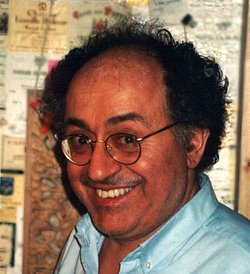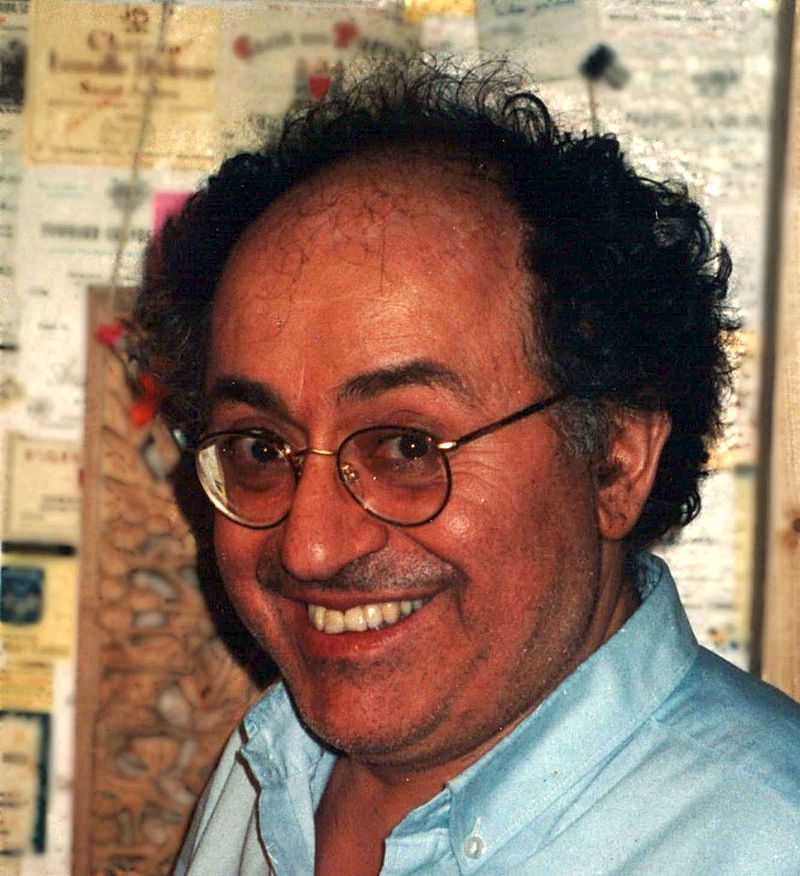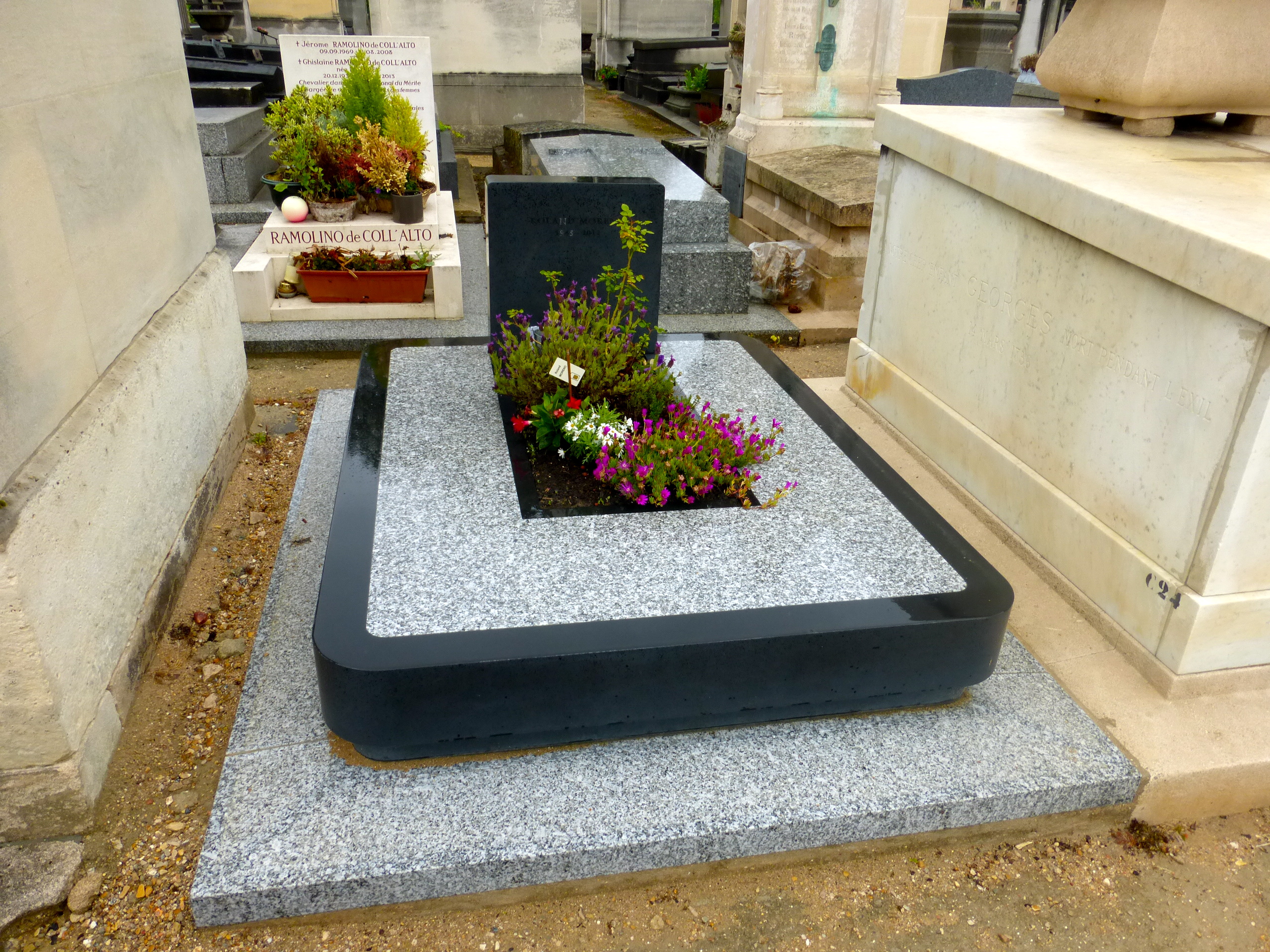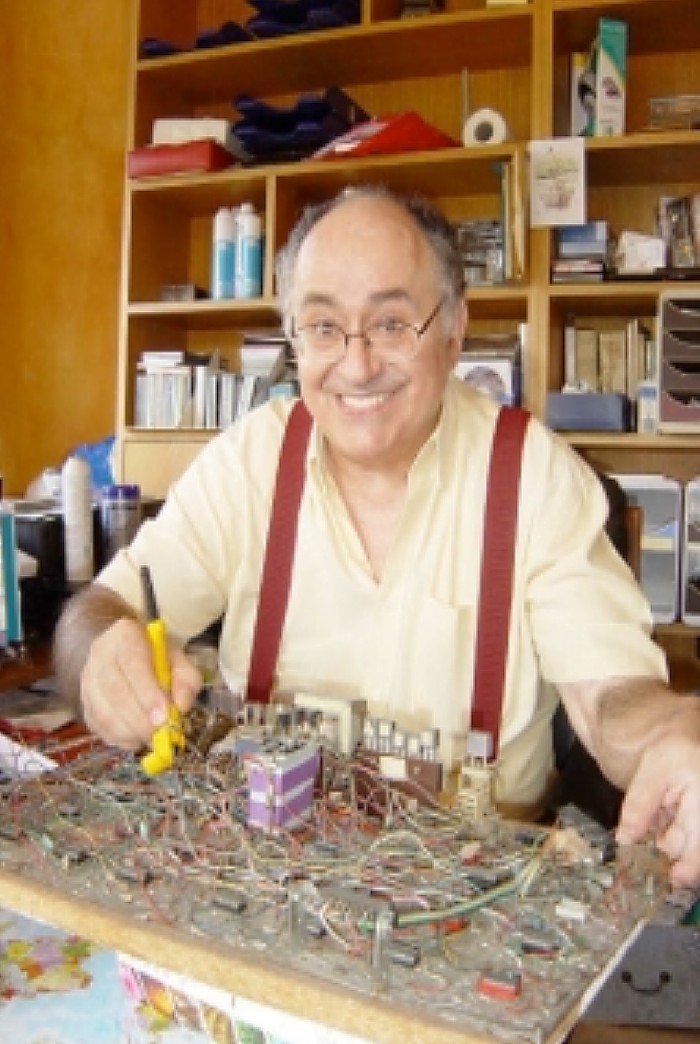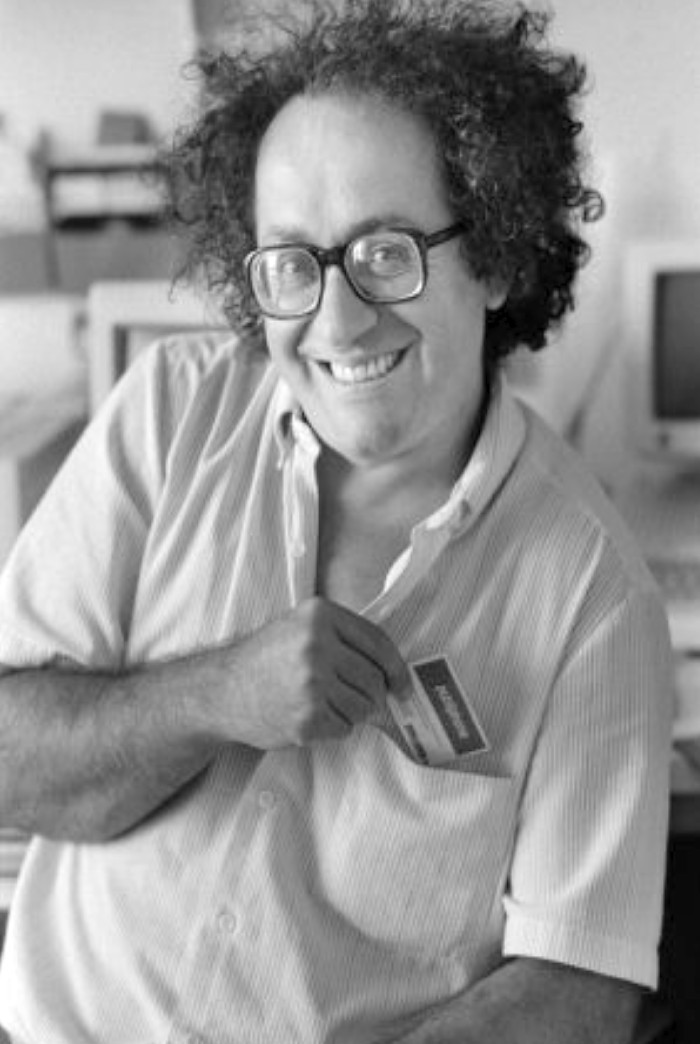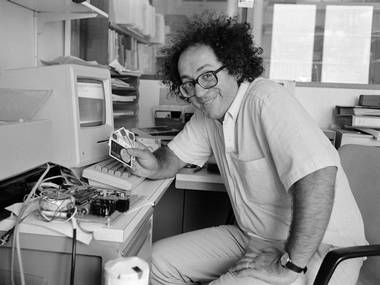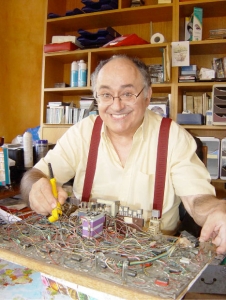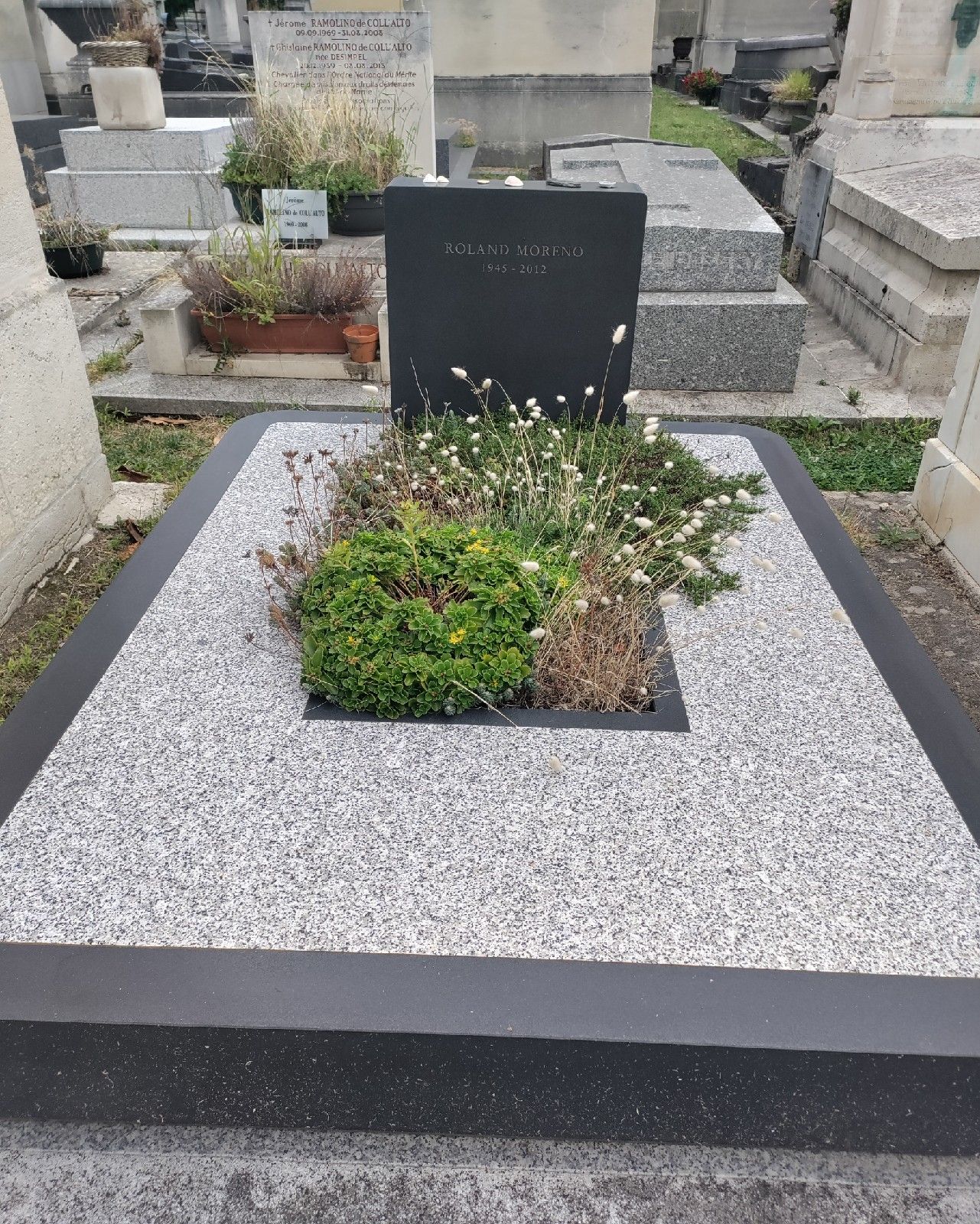He was also writer: under the pseudonym Laure Dynateur, published "L'aide memoire du nouveau cordon bleu" (the new Notepad cordon-bleu), a cookbook that promised "2,000 new ways to surprise your guests".∼Roland Moreno, born in Egypt but brought up in France, was widely credited with inventing the computer chip smart card now used by banks, supermarkets, filling stations, mobile phone SIM cards, public phone booths, Oyster cards, identity documents & driver licences. Not to mention police or intelligence services, who can use them to trace us. Moreno said he got the idea in a dream but he was the first to admit that his smart cards had downsides as well as upsides. "They have the potential to become Big Brother's little helper," he said.
After his smart card success he continued to invent, particularly in the field of computerised music. He also inspired the "mad inventor" character in several French films including Les Sous-Doués en Vacances (The Under-Gifted on Holiday, 1982) in which a Moreno-like character invents a "Love Computer." Among the many books he published was a cookery book under the pseudonym Laure Dynateur (when pronounced aloud, that sounds exactly ike "l'ordinateur", the French word for computer).
Moreno said one of his ambitions was to see himself as a waxwork in a museum: "It's said that God owes a lot to Johann Sebastian Bach," he said. "I would like it said that French people owe a lot to Moreno."
He had suffered a pulmonary embolism in 2008. He had married in 1976 to Stephanie Stolin (now divorced, two daughters)
He was also writer: under the pseudonym Laure Dynateur, published "L'aide memoire du nouveau cordon bleu" (the new Notepad cordon-bleu), a cookbook that promised "2,000 new ways to surprise your guests".∼Roland Moreno, born in Egypt but brought up in France, was widely credited with inventing the computer chip smart card now used by banks, supermarkets, filling stations, mobile phone SIM cards, public phone booths, Oyster cards, identity documents & driver licences. Not to mention police or intelligence services, who can use them to trace us. Moreno said he got the idea in a dream but he was the first to admit that his smart cards had downsides as well as upsides. "They have the potential to become Big Brother's little helper," he said.
After his smart card success he continued to invent, particularly in the field of computerised music. He also inspired the "mad inventor" character in several French films including Les Sous-Doués en Vacances (The Under-Gifted on Holiday, 1982) in which a Moreno-like character invents a "Love Computer." Among the many books he published was a cookery book under the pseudonym Laure Dynateur (when pronounced aloud, that sounds exactly ike "l'ordinateur", the French word for computer).
Moreno said one of his ambitions was to see himself as a waxwork in a museum: "It's said that God owes a lot to Johann Sebastian Bach," he said. "I would like it said that French people owe a lot to Moreno."
He had suffered a pulmonary embolism in 2008. He had married in 1976 to Stephanie Stolin (now divorced, two daughters)
Sponsored by Ancestry
Advertisement
Advertisement
